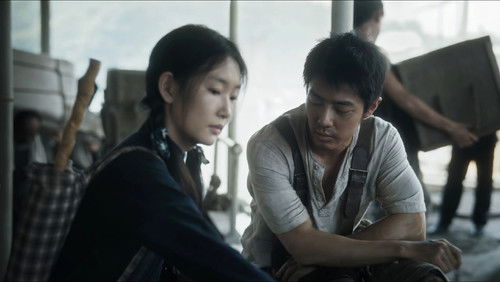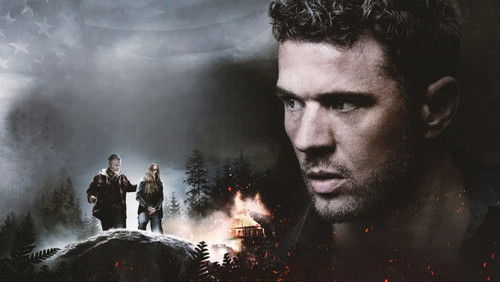Mrs. Miniver (1942)
46KMrs. Miniver: Directed by William Wyler. With Greer Garson, Walter Pidgeon, Teresa Wright, May Whitty. A British family struggles to survive the first months of World War II.
“What a wonderful film Mrs Miniver still is 58 years later. Like Coppolau0026#39;s u0026#39;Gardens of Stoneu0026#39;, it deals with war by following the lives of those affected by it, and without showing any combat. Itu0026#39;s moving, but unlike many other films of the period, totally unsentimental, though has many warm and winning moments (Pidgeon spanking Garson as the maid walks in, following an eventful morning, to say the least!)u003cbr/u003eu003cbr/u003eTwo sequences particularly clicked on this viewing. The first involves the son/pilot who is recalled to service abruptly when his leave has only just begun. He goes upstairs to get his belongings, the mother and fiancée are left in the room, with the backs of their heads to camera – a most unusual shot u0026#39;against the rulesu0026#39; of filming. Then you realise the centre of attention is the space left on the stair by the son – they and we are missing him, awaiting his return, but only for a moment as he must leave again. Itu0026#39;s as poignant as the doorway framing scenes in u0026#39;The Searchersu0026#39;, and rather subtle.u003cbr/u003eu003cbr/u003eAnother scene is the family in the air raid shelter undergoing a bombing attack. The claustrophobia of the situation, and the bravery and dignity of the powerless family caught there, is focused by a single point of view. The unspoken fear is on the face of Garson, vocalised by the kids who finally awake as the bombardment increases. Long, simple takes perfectly capture the intense atmosphere (and exceptional acting.u003cbr/u003eu003cbr/u003eWhen I was young I never appreciated this art of u0026#39;invisibleu0026#39; film-making, and just why such directors as William Wyler or Preston Sturges or Billy Wilder do such a good job without you even noticing. The fact their films stand the test of time so well is testament to their wonderful abilities as film-makers.”









